12 Things You Should Never Put On Your Face
Discover why using a few products may harm your face more than others.
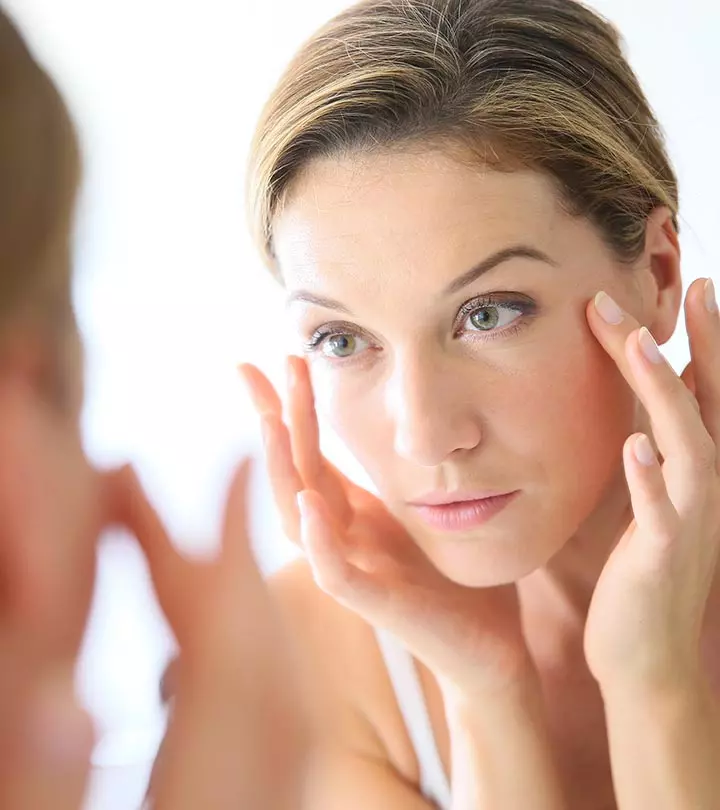
We have several home remedies that we try on our faces. All may not be backed by evidence, and rather people just try it on, thinking they won’t cause any harm, but you are wrong. There are things you should never put on your face, like a body lotion. Yes, what you use on your body may not always have the same effect on your face. So, here are a few things that you should not try putting on your face. Keep reading to find them out.
Facial skin is sensitive and prone to damage, so it is crucial to be mindful of what not to apply to it. Here is a detailed list of products to avoid using on the face and the reasons why they can be damaging. Read on.
In This Article
1. Shampoo
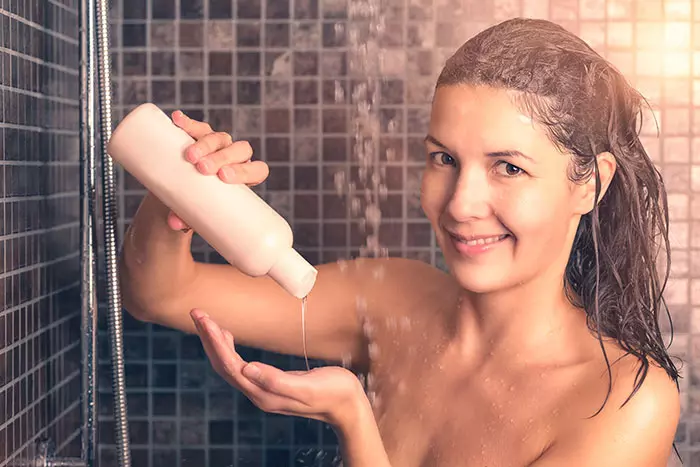
Your hair and face are made of different molecules. While your hair needs strong surfactants to remove the oil and dirt, your face needs a cleanser made of much milder stuff. Shampoos cannot deal with the delicate molecules that constitute your facial skin. If you use a shampoo to wash your face, it will end up looking flaky and dry. When you wash your hair, make sure the shampoo does not touch your face. Even if it does, make sure you moisturize your face well later.
Key Takeaways
- Hair products, such as shampoo, color, serum, and spray can be harsh on your delicate facial skin.
- Body lotions and foot creams are usually thick and heavily fragrant and may make the skin on your face feel sticky, oily, and inflamed.
- Kitchen ingredients, such as mayonnaise and vegetable shortening, may clog the pores on your face.
- Other things that may be harsh on your face include vinegar, nail polish, and deodorants.
2. Hair Color
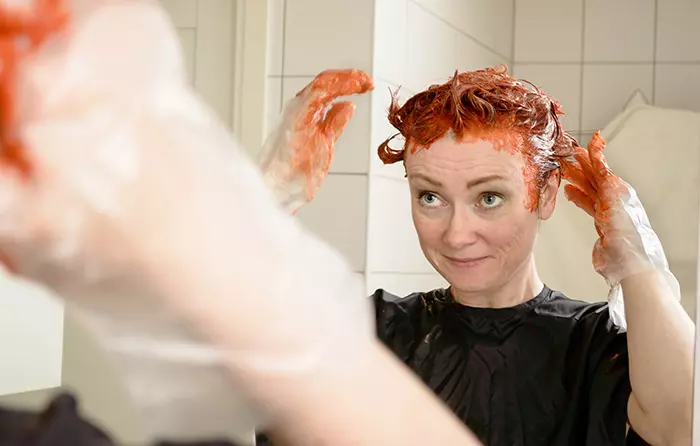
Most of you are aware that you need to be really careful while you color your hair, making sure it does not touch your facial skin. Hair color has an overload of chemicals that could be really harsh on your skin. For all of you who like to color your eyebrows to match your hair color, it is best you use vegetable dyes or tinted brow mascara instead of box dyes. The box dyes could irritate the skin around your eyes and make your eyes burn, causing you to tear up.
3. Hair Serum
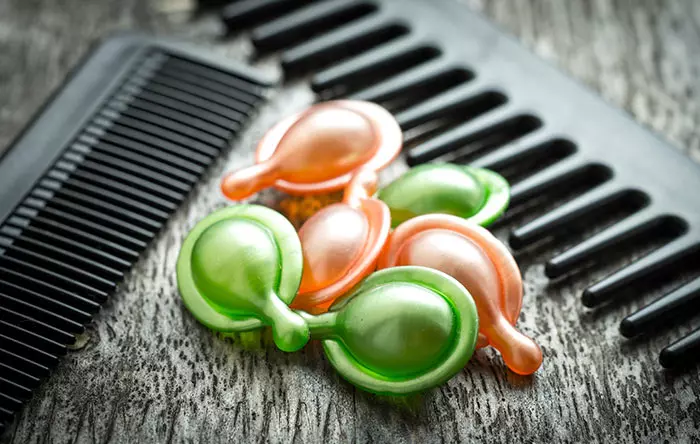
Just like other cosmetics, serums for different areas are comprised of different components, and just because a label reads serum, it doesn’t mean your skin can handle it. Hair serums have ingredients that are meant to treat the hair shaft, and will not treat skin woes or fine lines. Plus, these hair serums are infused with certain chemicals and fragrances, which irritate the skin and trigger allergic reactions.
 Pro Tip
Pro Tip4. Hair Spray
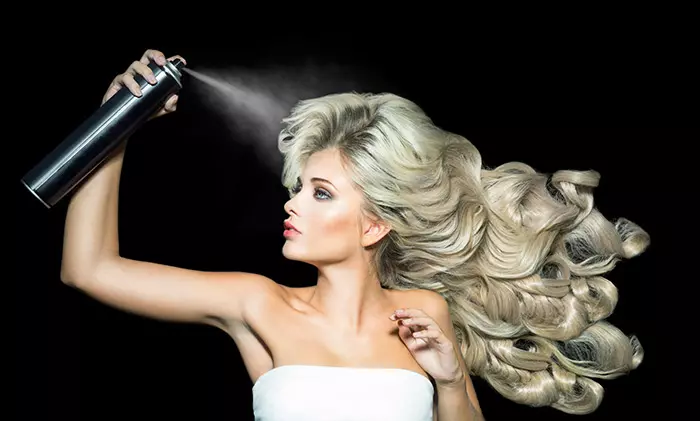
Rumor has it that hair spray will also help in keeping your makeup in place, just like it sets your hair. But you should never spritz hairspray on your face. It contains alcohol and lacquers that will dehydrate your skin and make it look much older than it actually is. These sprays also contain repellents that could irritate your skin and cause inflammation and redness as well.
5. Body Lotion

Skincare is tedious – each part of your body requires different products. For those of you who think using body lotion for your facial skin is an easy way out, you are highly mistaken. You should never slather body lotion on your face. Body lotions are thicker and heavily fragrant, and make your skin extra oily and inflamed. Your face needs a mild, gentle cream, owing to its delicate nature. Besides, body lotions work to fill in moisture and not to address facial skin problems like anti-aging, etc., quite unlike most face creams.
6. Foot Creams

This should be a no-brainer. I mean, who puts foot cream on their face? But if you do, just because it is lying around, think again. These creams are extremely thick, sticky, and very rich. They are made so that they can break down and exfoliate the tough dead skin on your feet. These things will only harm your facial skin.
7. Deodorant
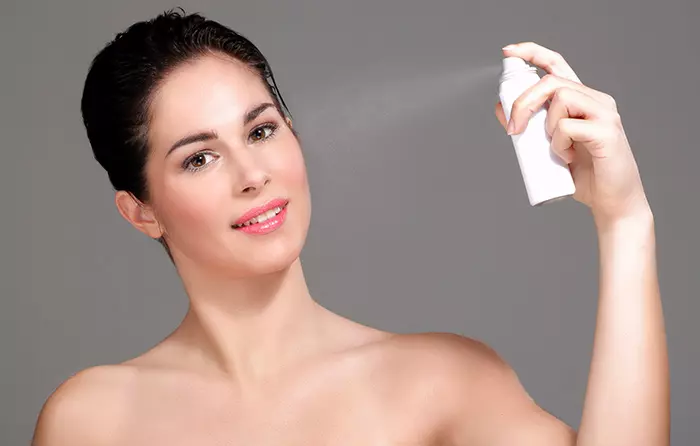
This one is rather funny! If you think that just as a deodorant hampers perspiration in your underarms, it will also keep your face from perspiring, and your makeup from melting down, you are wrong. Your facial skin needs to breathe, and if you use a deodorant on it, it will stop breathing.
 Quick Tip
Quick Tip8. Nail Polish
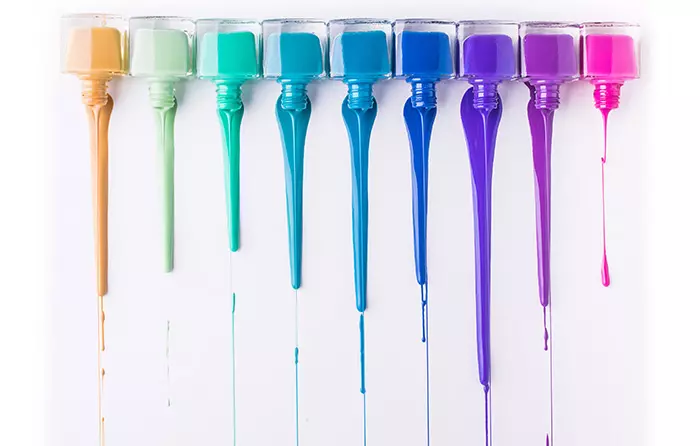
Nail polish should never be used on your face. It has acrylic molecules that totally dry out the skin. If you ever have to color your face, make sure you use paint or color that is formulated and safe for your face. Experimenting is good, but not when it comes to your face.
9. Mayonnaise

Mayonnaise is great for your hair, and you might find this ingredient in many DIY hair recipes. But it is not good for your face. It is acidic, and it will also lead to clogging of pores, therefore not allowing it to breathe. So, don’t ever use mayonnaise on your skin, even by mistake.
10. Vegetable Shortening

Vegetable shortening is a remedy for psoriasis, and can be applied only on your skin of your body. It is too heavy for your facial skin, and will definitely lead to clogged pores and breakouts.
11. Acetic Acids aka Vinegar
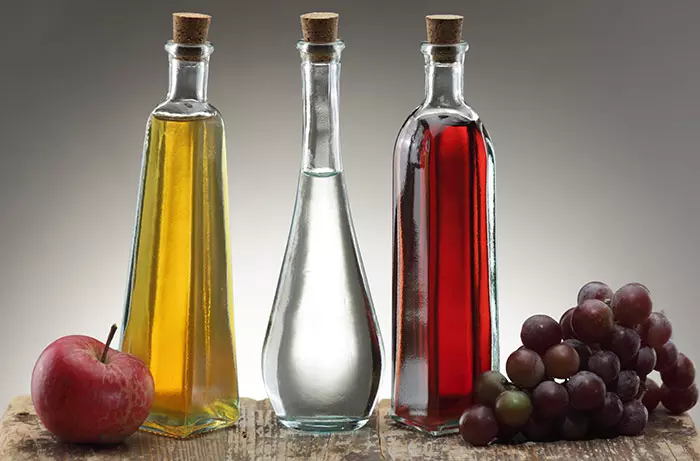
People have often tried vinegar to get rid of blemishes and as a toner as well. And although it might be safe to use, you must always keep in mind that vinegar loses water as it ages, causing it to become stronger. If you use strong vinegar, it will burn your skin. It is best to buy a toner that’s suitable for your skin needs, rather than experimenting with your facial skin. However, besides vinegar, there are many other mild home remedies to get rid of blemishes that you can try. For instance, aloe vera, green tea, and honey are all gentle on the skin and can help make your skin smoother and supple.
12. Polyethylene Glycol

Polyethylene glycol (PEG) is an ingredient derived from the petroleum refining process. It is commonly used in medications for treating constipation and in a wide range of cosmetic and beauty products as an emulsifier, thickener, and solvent. However, it is not safe for use on broken and damaged skin as they may cause allergic reactions and irritation in some people, leading to hives, redness, itching, rashes, burning, and swelling. Hence, it is essential that you consult a dermatologist to see whether products containing polyethylene glycol are suitable and safe for your skin before incorporating them into your skincare routine.
There are a few things you must always keep in mind when it comes to your face. First, the skin on your face is sensitive – a little bit of oil results in a breakout. Imagine what contact with worse things can do! Second, products available in the market come marked with distinct purposes for a reason – many products comprise chemical solutions which are not suitable for any other body parts than the ones specified, and some natural ingredients are acidic or harsh for your skin. Do not expose your skin to substances without doing your research. We hope you note these things you should never put on your face and practice caution with random hoaxes doing the rounds on the internet. Additionally, avoid harmful products to maintain healthy skin and enhance its natural radiance. Prioritize products backed by scientific research and recommended by skin care experts for overall skin safety. Most importantly, consult a dermatologist for personalized skincare advice. Professional guidance is always helpful as tailored suggestions can help you choose the best products catered to your skin type and texture, and specific needs.
Learn about which skin care practices to avoid for clear, healthy skin in this informative video. Uncover unhealthy practices that harm your sensitive facial skin and explore expert tips to get a radiant, thriving complexion and well-being
Frequently Asked Questions
Can lemon juice damage my skin if applied directly?
Yes, lemon juice can damage your skin if applied directly, as it is acidic and its acidity can dry out the skin and cause redness and irritation.
Is toothpaste safe to use on pimples?
No, toothpaste is not safe to use on pimples. Although it is commonly used as a quick fix for acne and pimples, toothpaste isn’t formulated for the skin. As a result, it can dry out the skin and worsen inflammation.
Is sugar too abrasive to use as a facial exfoliant?
Yes, sugar is too abrasive to use as a facial exfoliant. Since facial skin is much thinner than body skin, sugar granules can cause micro-tears, leading to irritation. Therefore, it’s better to opt for chemical exfoliants containing ingredients like alpha hydroxy acids or use gentle ingredients, like oatmeal, as physical scrubs.
Is it safe to use essential oils directly on the face?
No, pure and undiluted essential oils should not be applied directly to the face or on any part of the body, as they can be irritating and cause allergic reactions. They need to be diluted to appropriate concentrations that are safe for the skin.
Can heavy makeup cause long-term skin issues?
Yes, regularly using heavy makeup can cause long-term skin issues. It can clog the skin pores, leading to acne and pimples. Moreover, certain ingredients in makeup products can irritate the skin and contribute to the signs of premature aging, such as fine lines and wrinkles.
Read full bio of Simone de Vlaming
Read full bio of Jyotsana Rao
Read full bio of Madhumati Chowdhury
Read full bio of Joyce Joyson











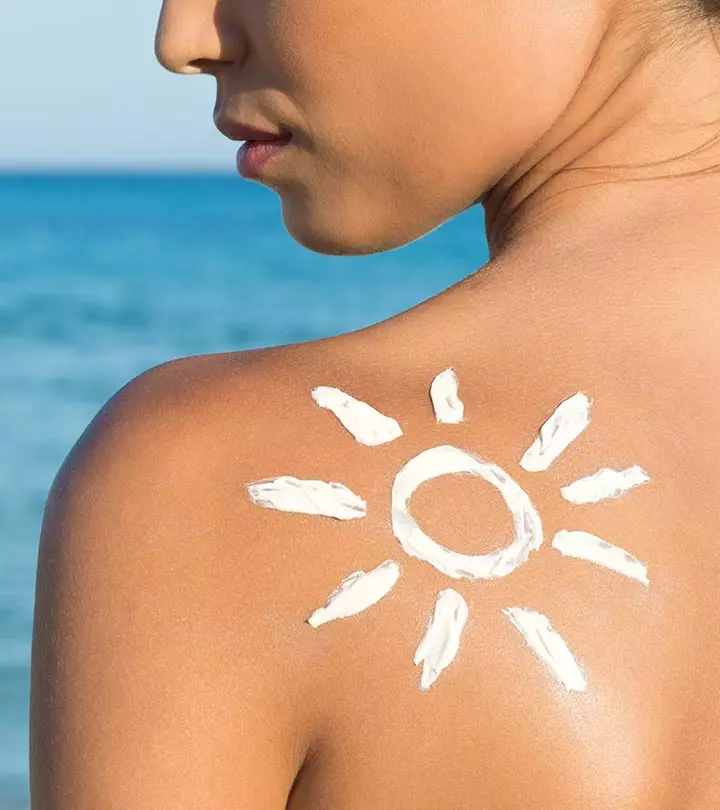

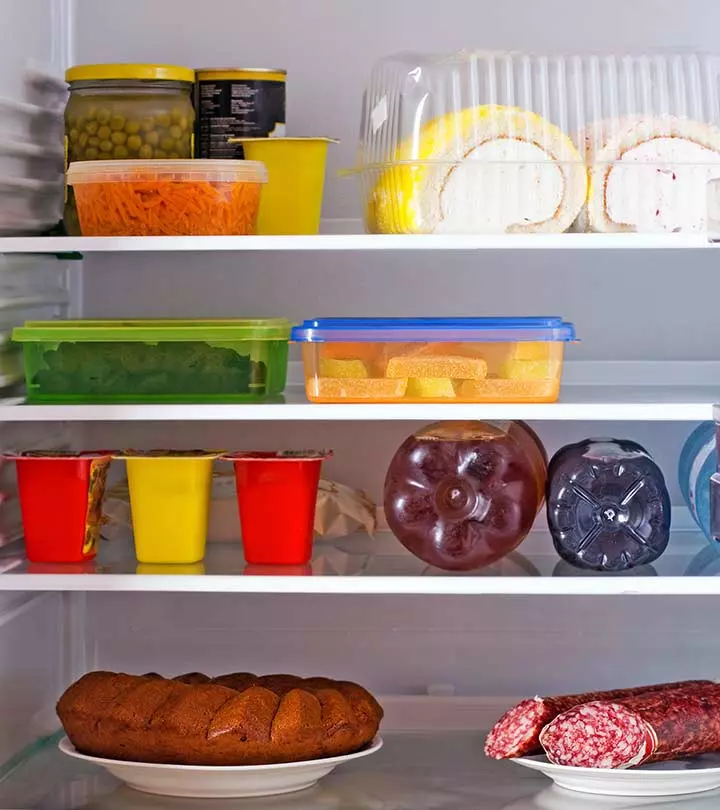
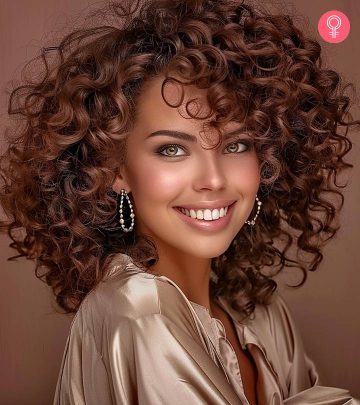

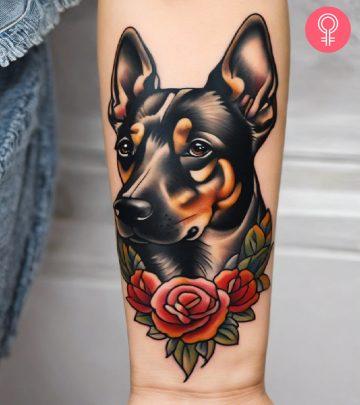
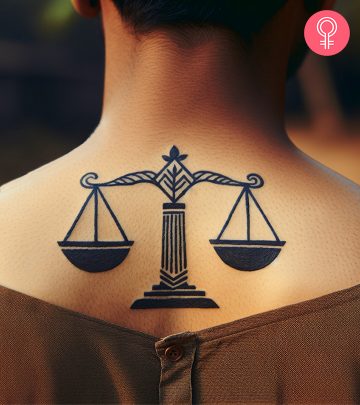



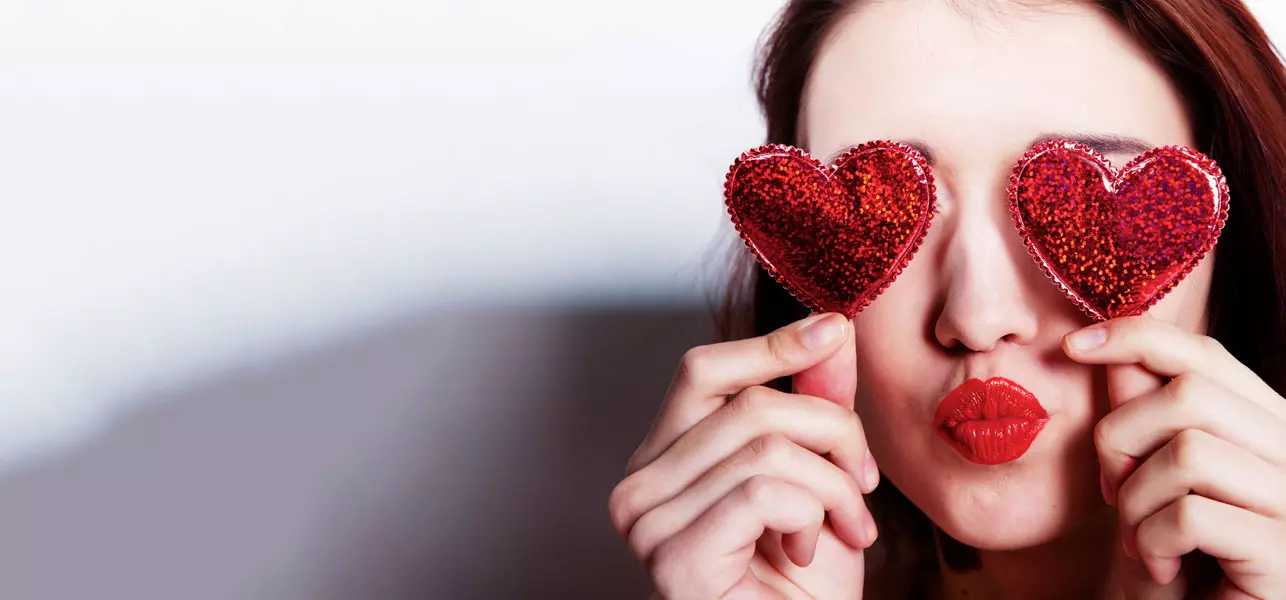



Community Experiences
Join the conversation and become a part of our empowering community! Share your stories, experiences, and insights to connect with other beauty, lifestyle, and health enthusiasts.